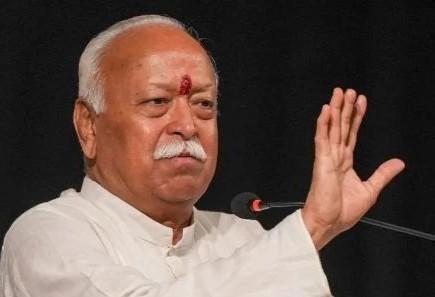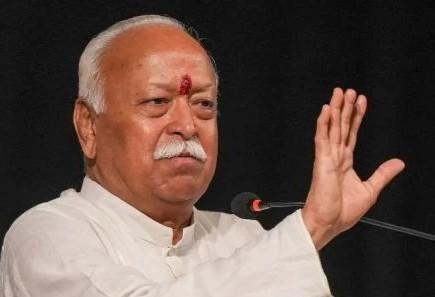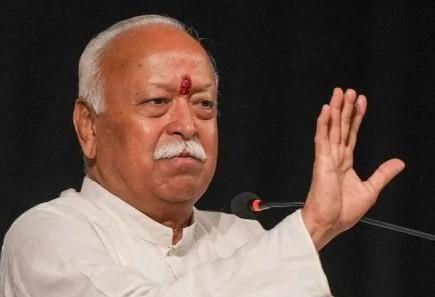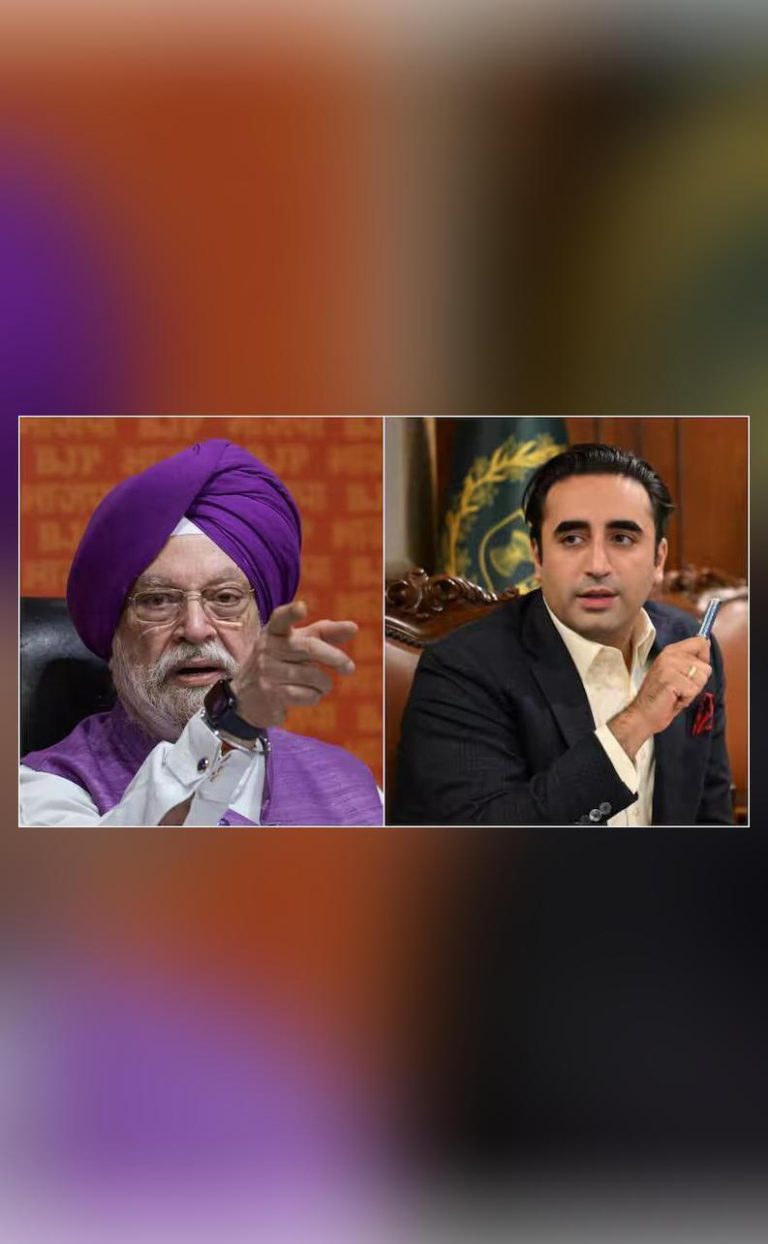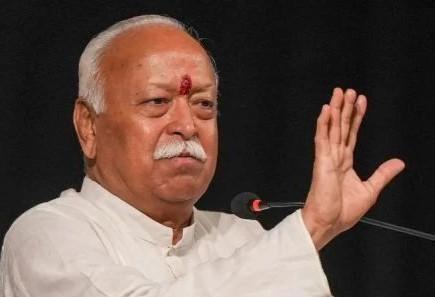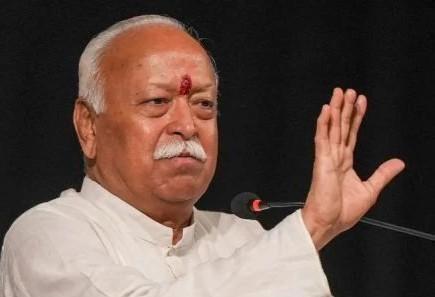
If Someone Turns to Evil Then We’ll Teach a Lesson: Bhagwat on J&K Attack
India has been grappling with the menace of terrorism for decades, with the latest attack in Pahalgam, Jammu and Kashmir serving as a grim reminder of the threat that lurks in every corner. In the aftermath of this dastardly act, RSS chief Mohan Bhagwat has spoken out, emphasizing the importance of non-violence as India’s religion, but also cautioning that the country will not hesitate to teach a lesson to those who “oppress” and “hooligan” its citizens.
Bhagwat’s remarks came as a response to the attack on a bus carrying Amarnath pilgrims, which left several people dead and many more injured. The RSS chief was quoted as saying, “We never harm or disrespect our neighbors, but if someone is bent on being evil, what is the cure? The king’s duty is to protect the people, and he will do his duty.”
It is imperative to note that Bhagwat’s statement does not condone violence or aggression against any individual or group. Instead, it highlights the need for a balanced approach to dealing with those who choose to engage in evil acts. Non-violence is, indeed, a core tenet of Indian philosophy and culture, and it is essential to uphold this principle in all our interactions. However, in cases where individuals or groups resort to violence and terrorism, it is crucial to take a firm stance and ensure that they are held accountable for their actions.
The RSS chief’s emphasis on the duty of the king (or the government) to protect its people is also worthy of consideration. In a democracy, the government has a solemn responsibility to ensure the safety and security of its citizens. This includes taking all necessary measures to prevent and respond to terrorist attacks, as well as providing support to victims and their families.
It is also important to recognize that terrorism is a complex issue that cannot be tackled by any single individual or organization. It requires a coordinated effort from all sections of society, including the government, civil society, and the general public. This includes promoting peace, tolerance, and understanding, as well as addressing the root causes of terrorism, such as poverty, inequality, and political instability.
In recent years, India has made significant strides in its fight against terrorism. The country has implemented a range of measures to enhance its counter-terrorism capabilities, including strengthening its intelligence agencies, improving its border management, and enhancing its legal framework to deal with terrorist offenses. Additionally, India has also been actively engaged in regional and international efforts to combat terrorism, including through its membership in international organizations such as the United Nations and the South Asian Association for Regional Cooperation (SAARC).
Despite these efforts, however, the threat of terrorism remains a significant challenge for India. The recent attack in Pahalgam serves as a stark reminder of the need for continued vigilance and cooperation to combat this menace. It is essential for all Indians to come together to promote peace, unity, and harmony, and to reject the forces of terrorism and extremism.
In conclusion, Mohan Bhagwat’s statement on the J&K attack serves as a timely reminder of the importance of balancing non-violence with the need to protect citizens from those who choose to engage in evil acts. It is essential for India to adopt a nuanced approach to dealing with terrorism, one that combines firm action against those who perpetrate violence with efforts to promote peace, tolerance, and understanding. Only through such an approach can India hope to overcome the threat of terrorism and build a safer and more prosperous future for all its citizens.
Source: https://youtu.be/SpAKVWl5wII
